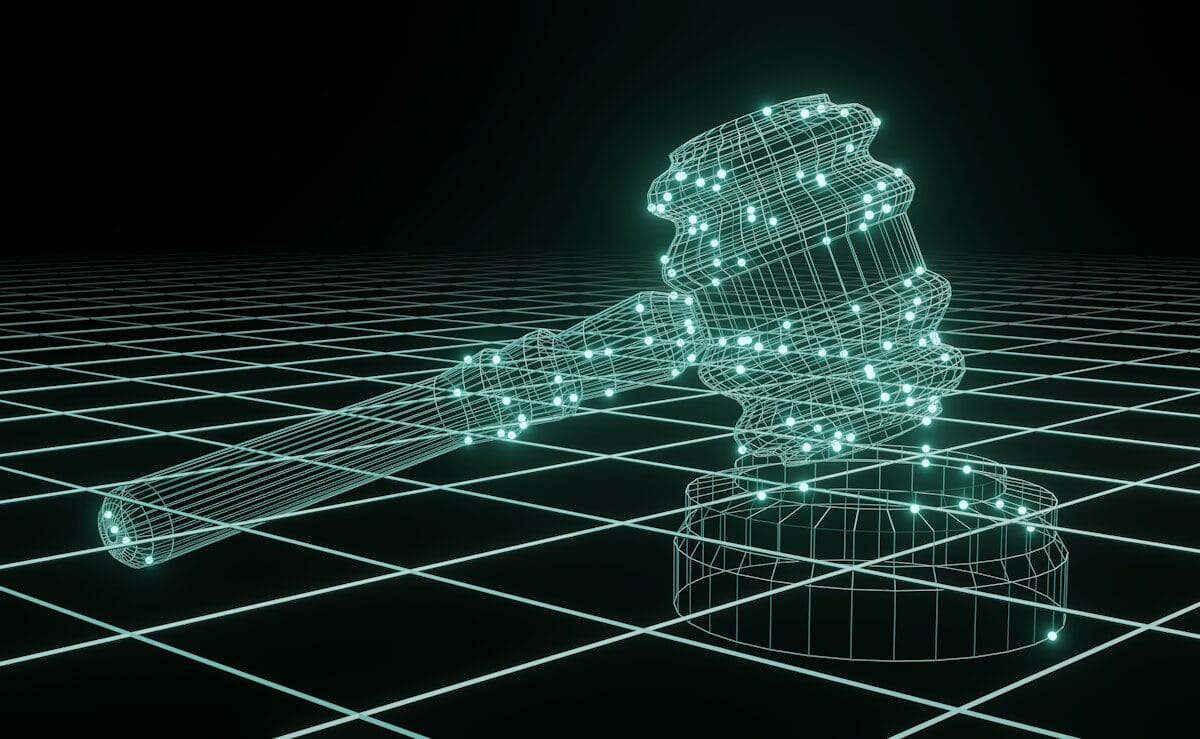The Future of Legal AI Research and Advocacy: Is Human Judgement Irreplaceable?
AI reshapes legal services, balancing tech and human expertise. Industry sees AI aiding research but upholding human judgment and intuition.

As artificial intelligence reshapes professional services, the legal sector is witnessing a careful balance between technological advancement and human expertise. Recent studies indicate that AI-powered legal tools are delivering significant efficiency gains, with lawyers saving up to four hours weekly through AI assistance – yet the industry maintains that human judgment remains irreplaceable for complex legal decisions.
The Evolution of Legal Research Tools
The legal technology landscape is experiencing rapid advancement, with research showing adoption rates among lawyers jumping from 23% to 34% since 2023. This surge reflects growing recognition of AI’s potential to streamline time-intensive research processes while maintaining the crucial role of human insight in legal practice.
‘Justice demands more than mechanical efficiency’, notes Laina Chan, an award-winning Australian barrister and co-founder of MiAI Law. ‘AI can support but never replace emotive decision-making and courtroom intuition.’ This perspective aligns with broader industry sentiment, as legal professionals seek to harness AI’s capabilities without compromising the human elements essential to advocacy.
Balancing Technology and Human Expertise
The integration of AI in legal practice is proving particularly valuable for research and analysis. According to MyCase and LawPay’s 2024 Legal Industry report, 42% of early adopters are using AI tools daily, reporting notable improvements in task execution speed and accuracy.
However, the industry remains vigilant about AI’s limitations. Recent developments highlight the need for careful oversight, with studies indicating that legal AI models may produce inaccurate information in as many as one in six queries. This has prompted increased scrutiny and regulation, with more than 25 federal judges issuing standing orders regarding AI use in courtrooms as of May 2024.
The Future of Legal Decision-Making
Drawing parallels to Daniel Kahneman’s concepts of fast and slow thinking, legal practitioners are finding that optimal outcomes arise from combining AI-powered research with human experience. ‘Intuition in legal decision-making stems from deep experience’, Chan explains, ‘but even then, it must be tested against data. That’s where legal research powered by AI becomes so valuable – it validates or challenges our instincts’.
This hybrid approach is particularly relevant in high-stakes decisions involving liberty, life and reputation, where the nuanced understanding of human context remains paramount. The ability to read a courtroom, understand subtle social cues and draw upon years of practical experience continues to distinguish human lawyers from their technological counterparts.
Implications for Legal Practice
As the legal sector embraces technological innovation, the focus remains on augmenting rather than replacing human capabilities. Recent trends indicate an increasing specialisation in legal AI tools, with new solutions emerging to address specific practice areas and tasks.
The message for legal professionals is clear: AI serves as an ally rather than a competitor. By automating mechanical aspects of legal work, these tools free practitioners to focus on the meaningful elements of their practice – the strategic thinking, emotional intelligence and nuanced judgment that truly serve the interests of justice.
As the legal profession continues to evolve, the successful integration of AI tools while preserving the essential human elements of legal practice will likely define the next chapter in legal service delivery. The future of law appears to lie not in choosing between human and machine, but in thoughtfully combining their respective strengths to enhance access to justice and improve legal outcomes for all.
Do you want to share your story and inspire our readers ? Make The GOOD NEWS with us . Let’s start paving the way for a fairer, happier society together!





